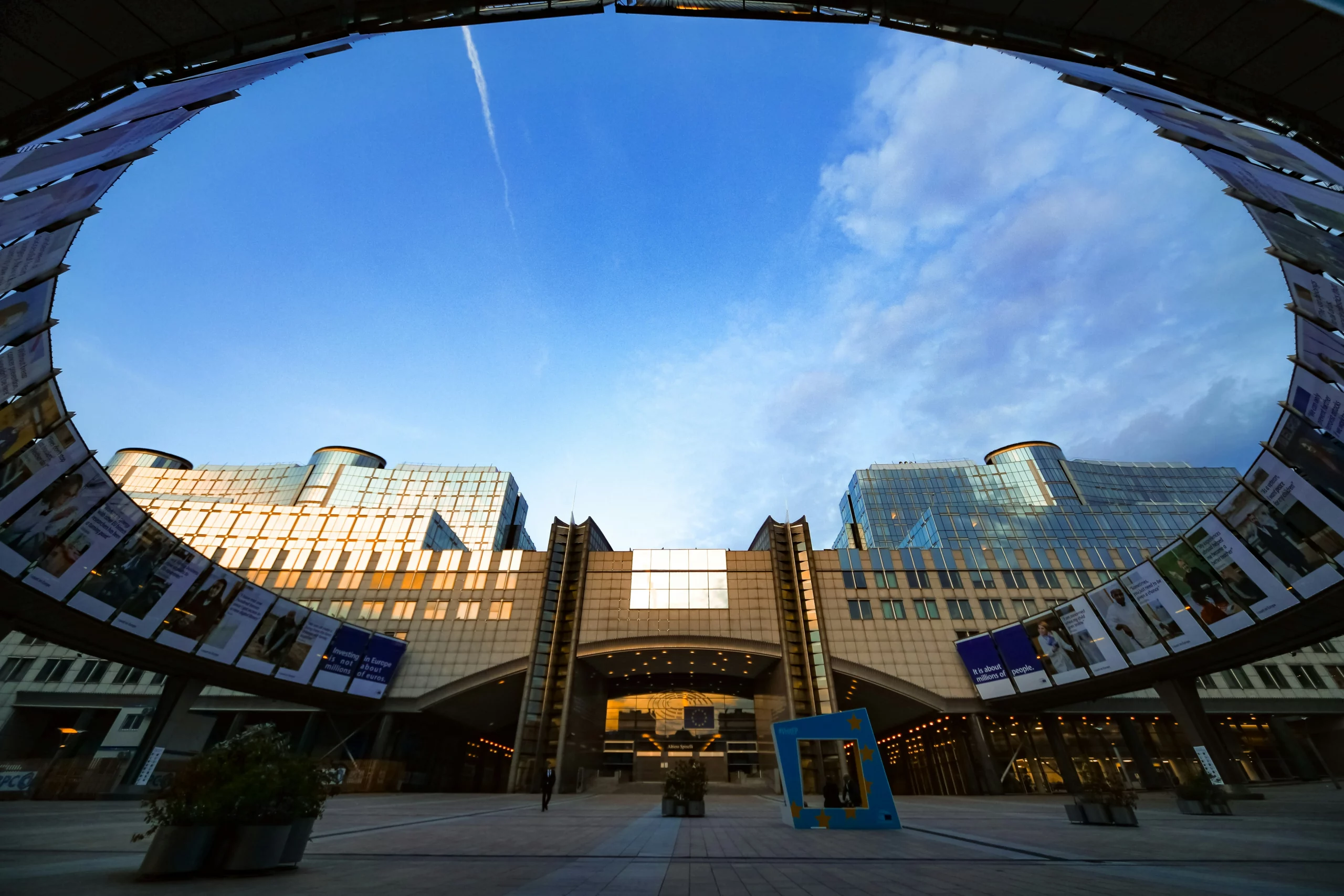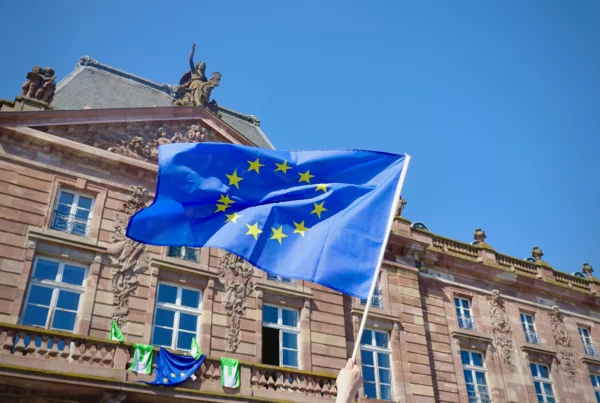The 2019 European elections highlight progress in participation, diversity, and gender balance, but also the need for stronger local involvement in shaping EU policies
The European elections of May 2019 marked a turning point for democracy in the European Union. With more than 400 million citizens called to vote, turnout reached 51%, the highest since 1979, signalling renewed interest in EU politics. Yet, the debate within the Council of European Municipalities and Regions (CEMR) underlined that more must be done to sustain citizen engagement and strengthen local governments’ role in shaping European policies.
The new European Parliament is more diverse than ever, reflecting a broader range of political views. This diversity will influence the Union’s legislative agenda and policy outcomes. Progress has also been made on gender equality, with women now making up 40% of Members of the European Parliament, up from 36% in the previous mandate.
Still, challenges remain. Increasing citizens’ interest in Europe requires targeted outreach, particularly towards young people, through communication channels they use and trust. Local and regional governments are key to bridging the gap between European institutions and citizens’ daily lives. Strengthening their role in the EU’s decision-making process is essential for the effective preparation, financing, and implementation of policies.
Looking ahead, the new Parliament is expected to continue work on the Multi-Annual Financial Framework (MFF) and embed the Sustainable Development Goals into EU legislation. A gender-balanced approach in filling top positions within both the Parliament and the European Commission is also vital to ensuring fair and inclusive representation.
The 2019 elections opened a new chapter for the European Union. Higher participation, improved gender balance, and a more diverse Parliament are encouraging signs, but further efforts are needed to build trust, foster inclusion, and give local governments a stronger voice. By working together, the EU and its citizens can ensure that Europe’s democratic future is both representative and resilient.
For more information, contact:

Director – Policy & Impact






